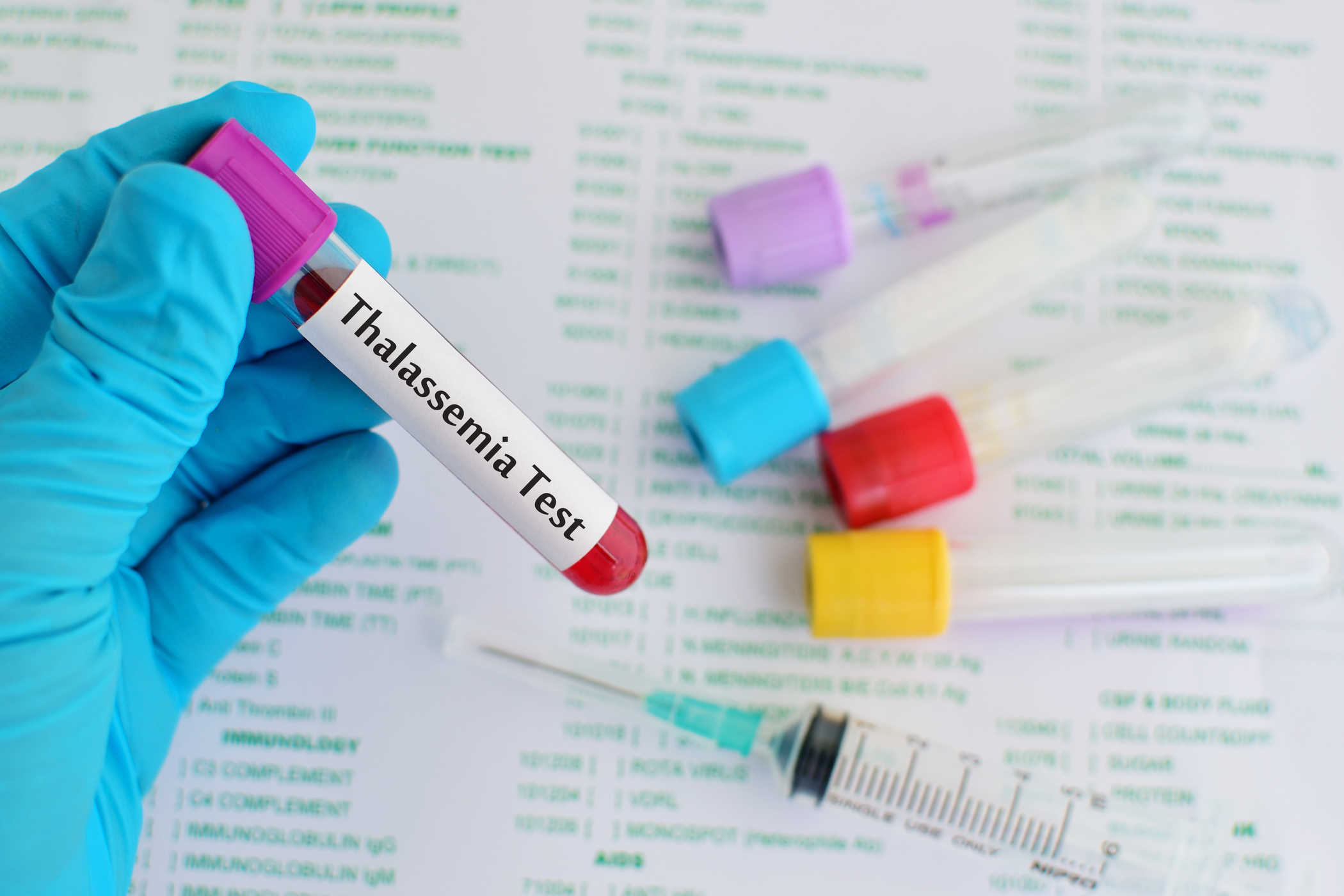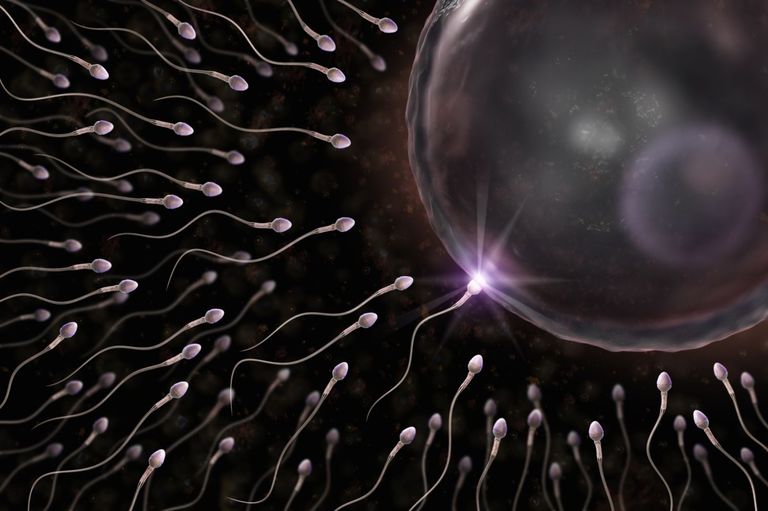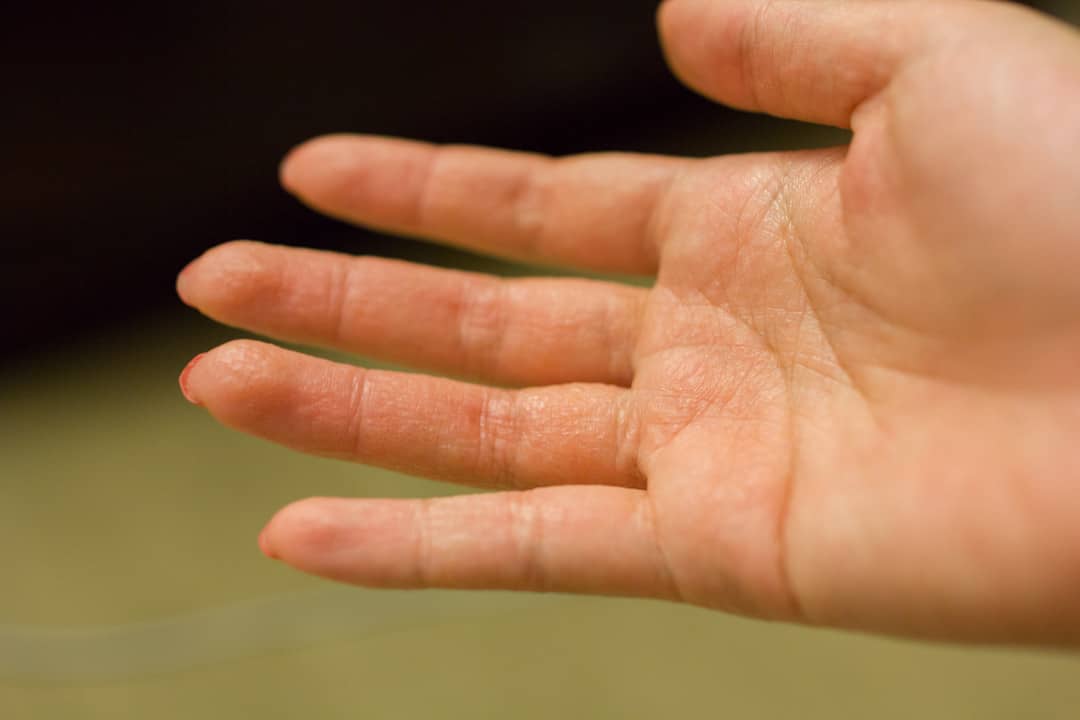Contents:
- Medical Video: Beta Thalassemia | Zayed's Story
- Alpha thalassemia
- Beta-thalassemia
- Risk of thalassemia
- Complications of thalassemia
Medical Video: Beta Thalassemia | Zayed's Story
The type of thalassemia you have depends on the number of gene mutations that you inherited from your parents, and which parts of the hemoglobin molecule are affected by mutations. The more severe the mutating gene, the more severe your thalassemia is. The hemoglobin molecule is made of alpha and beta parts which can be affected by mutations.
Alpha thalassemia
Four genes are involved in making the alpha hemoglobin chain. You get two of each of your parents. If you inherit:
- One gene that mutates, you will have signs or symptoms of thalassemia. Therefore, you are a disease bearer and can spread it to your children.
- Two genes mutate, thalassemia signs and symptoms will be mild. This condition can be called alpha-thalassemia minor, or you may be told you have the nature of alpha thalassemia.
- Three genes mutate, signs and symptoms will be moderate to severe. This condition is also called hemoglobin H disease.
- Four genes mutate, this condition is called a large fetalis or hydrops alpha thalassemia. This condition usually causes the fetus to die before labor or a newborn to die immediately after birth.
Beta-thalassemia
Two genes are involved in making the hemoglobin beta chain. You get one from each of your parents. If you inherit:
- One gene that mutates, you will have mild signs and symptoms. This condition is called minor beta-thalassemia or is referred to as a beta-thalassemia trait.
- Two genes mutate, signs and symptoms will be moderate to severe. This condition is called beta-thalassemia major, also known as Cooley anemia. Babies born with two defective beta hemoglobin genes are usually healthy at birth, but experience signs and symptoms in the first two years of life. A milder condition, called beta-thalassemia intermedia, can also occur with two mutating genes.
Risk of thalassemia
Factors that increase the risk of thalassemia include:
- Family history of thalassemia. Thalassemia is passed from parents to children through the mutated hemoglobin gene. If you have a family history of thalassemia, you may have an increased risk of this condition.
- Certain breeds. Thalassemia occurs most often in people from Italy, Greece, the Middle East, Asian and African ancestry.
Complications of thalassemia
Possible complications of thalassemia include:
- Excess iron. People with thalassemia can get too much iron in their bodies, either from the disease itself or from blood transfusions. Too much iron can damage your heart, liver and endocrine system, which includes glands that produce hormones that regulate the processes throughout your body.
- Infection. People with thalassemia have an increased risk of infection. This is especially true if you have had a spleen removed.
In the case of severe thalassemia, the following complications can occur:
- Bone deformity. Thalassemia can make your bone marrow expand, which causes your bones to widen. This can result in abnormal bone structure, especially in the face and skull. Bone marrow which has broadening also makes bones thin and brittle, increasing the chance of fractures.
- Enlarged spleen (splenomegaly). Spleen helps the body fight infections and filter out unwanted substances, such as old or damaged blood cells. Thalassemia is often accompanied by destruction of large numbers of red blood cells, making the spleen work harder than usual, causing the spleen to enlarge. Splenomegaly can make anemia worse, and can reduce the age of transfused red blood cells. If the spleen grows too large, it may need to be removed.
- Growth rate slows down. Anemia can cause a child's growth to slow down. Puberty may also be delayed in children with thalassemia.
- Heart problem. heart problems, such as congestive heart failure and abnormal heart rhythms (arrhythmias), may be associated with severe thalassemia.
People with moderate thalassemia for severe forms are usually diagnosed in the first two years of life. If you have seen some of the signs and symptoms of thalassemia in infants or children, tell your family doctor or pediatrician. You may then be referred to a doctor who specializes in blood disorders (hematology).












